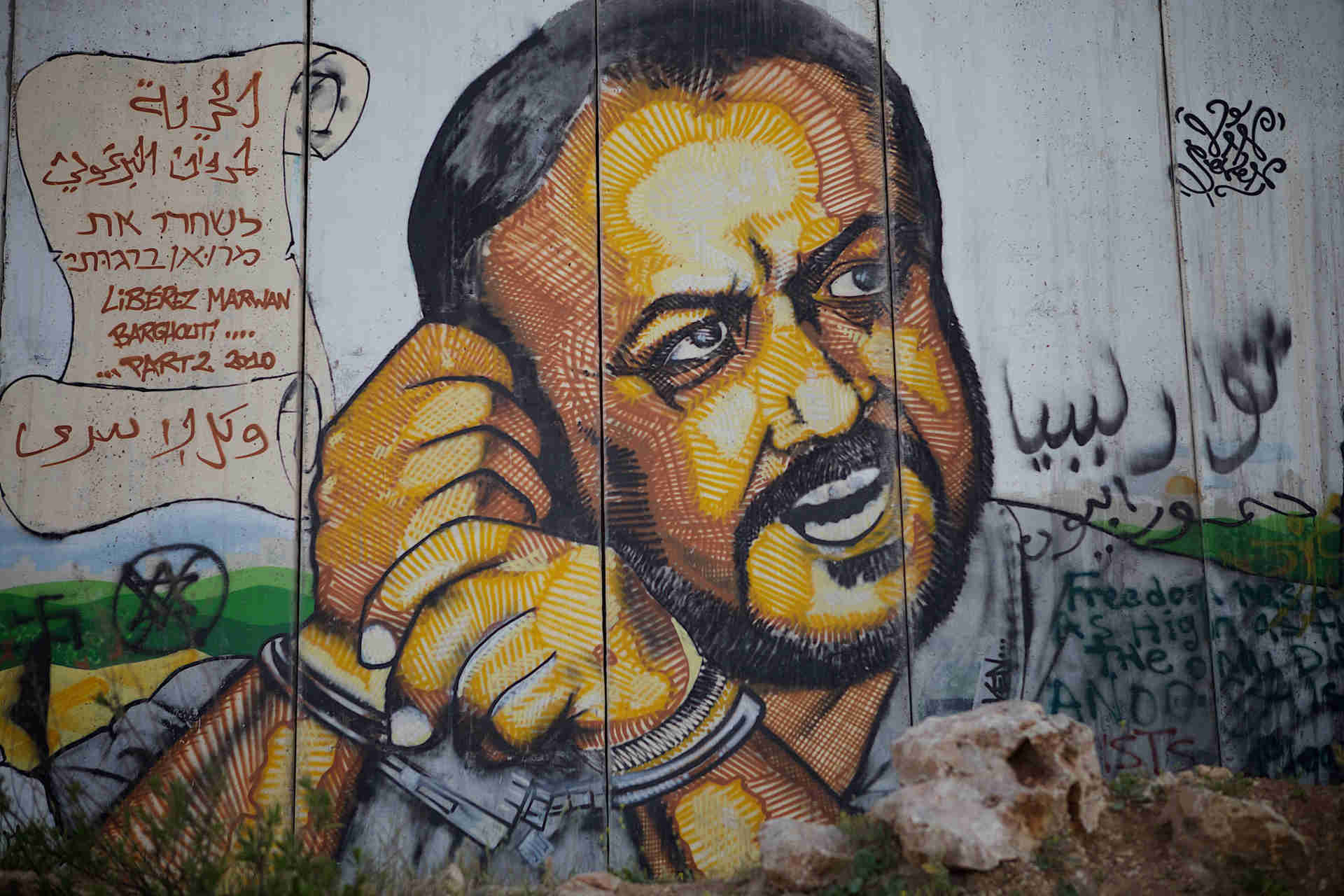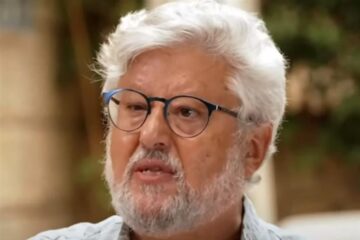Here is my Proposal for Security, Stability, & Peace
The following are steps that the Government of Israel proposes to advance the creation of security, stability and peace between Israel and its neighbors. The Government of Israel believes that in taking such steps, with great risks, Israel’s neighbors should also be willing to take steps to reach the common goals of security, stability and peace that may have been unthinkable in the past.
- An immediate ceasefire will go in effect at the agreed set time. The Government of the Arab Republic of Egypt and the Government of the Palestinian Authority guarantee the implementation of the ceasefire as does the Government of Israel.
- The Government of Israel announces that it accepts the Arab Peace Initiative from March 2002 as the basis for security, stability and peace between Israel and all of its neighbors. In view of the remarks of Saudi Prince Turki bin Faisal Al Saud in Haaretz newspaper on July 7, 2014 (“the API was not simplistically prescriptive, but could be adjusted to take account of whatever was freely agreed to by Israelis and Palestinians in their negotiations”) the Government of Israel sees the Arab Peace Initiative as an appropriate basis for renewed Israeli-Palestinian negotiations.
- The Government of Israel calls on the Arab League to formally establish an API follow-up committee consisting in the minimum of Egypt, Jordan, the Palestinian Authority and Israel. The Government of Israel hopes that at the earliest date possible additional member states of the League of Arab states will join the follow up committee in order to assist to materialize the objects of the Arab Peace Initiative and those of this Israel’s initiative for security, stability and peace.
- The Government of Israel recognizes Palestinian Authority President Mahmoud Abbas as the President of all of the Palestinian territories of the West Bank and Gaza and is prepared to work with him in advancing security, stability and peace between Israel and the Palestinian people.
- The Government of Israel call on President Abbas to enter into direct and intensive bilateral negotiations to be conducted between the Prime Minister of Israel and the President of the Palestinian Authority and Chairman of the Executive Committee of the PLO (Mahmoud Abbas) to reach an agreement on the establishment of full peace based on the formula of Two States for Two Peoples. The negotiations will last for nine months and aim to conclude with an agreement addressing all of the permanent status issue. The Government of Israel prefers to conduct these negotiations directly without a third party mediator, but is prepared to agree to invite Secretary of State Kerry to participate in the talks, if required in the last three months of the negotiations to assist in bridging gaps between the parties.
- The Government of Israel calls on the League of Arab States to send a multi-nation Arab led force to Gaza to demilitarize Gaza within the framework of Israel’s agreement to the establishment of a demilitarized Palestinian state within borders to be agreed between the parties. The successful demilitarization of Gaza will be the greatest incentive for Israel to make significant compromises in the negotiations between Israel and the PLO on all related issues. The Government of Israel cannot and will not compromise on the security of its citizens.
- The Government of Israel calls on the United Nations Security Council to pass a resolution providing the Arab League multi-nation Arab led force to demilitarize Gaza with the proper international legal legitimacy and authority under Chapter VII of the United Nations Charter.
- The Government of Israel calls on the Government of the United States to lead a professional task force that will undertake the discovery and destruction of all tunnels leading from Gaza to Israel. The task force will be able to work in partnership with Israel and the Palestinian Authority on both sides of the Israel-Gaza border. This is not a military mission but a professional task force with the necessary technology and equipment to undertake the mission. The task force will be protected, if required by the Arab League Multi-national Arab led force for the demilitarization of Gaza.
- The Government of Israel call on the international community with the assistance of the Arab League to establish a $50 billion fund for security, stability and development of the Palestinian state with an emphasis on Gaza first. The fund will be managed by the Palestinian Authority and under the oversight of the World Bank and an appropriate responsible international professional group to ensure that the funds are dedicated to projects of real social and economic development for the welfare of the people of Gaza and the West Bank.
- The Government of Israel is prepared to end the economic separation of Gaza from the West Bank and the rest of the world. With proper and necessary security precautions Israel is prepared to enable Palestinian workers from Gaza to work in Israel. Movement of people and goods between Gaza, Israel, the West Bank and the rest of the world will be managed according to the Agreement on Movement and Access from 2005. Israel will request that Egypt reopen the Rafah crossing in according with the Rafah agreement from 2005.
Note: The basic idea here is that the only way to demilitarize Gaza is to ensure that Gaza will become part and parcel of a free State of Palestine within an agreement with Israel that ends the occupation. Hamas will likely object to this initiative, but the people of Gaza and of Palestine will support it. The adoption of the Arab Peace Initiative as the basis for this plan enables to the moderate Arab states to join with Israel and Palestine in creating security, stability and peace. Arab states, led by the Palestinian Authority will be able to demilitarize Gaza within this framework with international backing and support because it is what will lead to the end of Israel’s occupation and the creation of a free state of Palestine next to Israel resulting from bilateral Israeli Palestinian negotiations. Free and democratic elections in Palestine should take place at the earliest possible date when security and stability is restored in Gaza. Both Israel and Palestine will bring the peace agreement reached to a referendum of their people to ensure maximum democratic support of the two peoples.
Gershon Baskin is co-chairman of IPCRI, Israel-Palestine: Creative Regional Initiatives (IPCRI), formerly known as the Israel/Palestine Center for Research and Information, a nonprofit think tank that combines research with peace-building actions and advocacy across Israel and Palestine. He is a columnist for The Jerusalem Post and the initiator and negotiator of the secret back channel for the release of Gilad Schalit. His new book Freeing Gilad: the Secret Back Channel has been published by Kinneret Zmora Bitan in Hebrew, and The Negotiator: Freeing Gilad Schalit from Hamas by The Toby Press.


